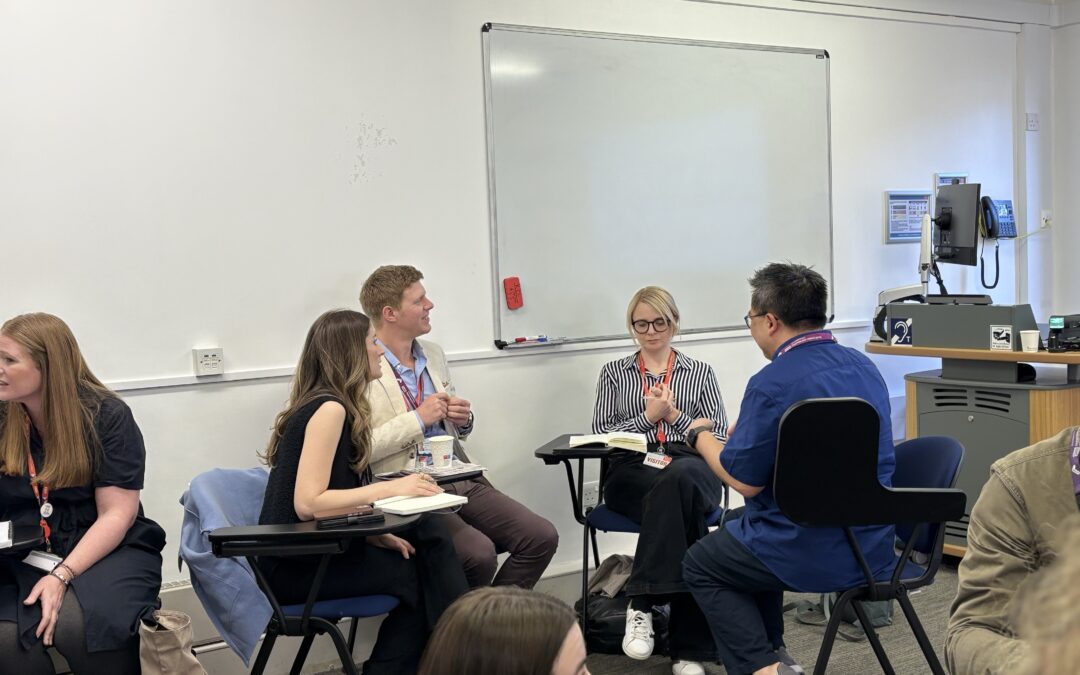
Building Momentum: Shaping the Neurodevelopmental Conditions Community of Practice
Building Momentum: Shaping the Neurodevelopmental Conditions Community of Practice
Spotlight Session: Predicting Outcomes in ADHD
We were joined by Dr Nicoletta Adamo, who presented her project: “Predicting Outcomes in ADHD: Perspectives and Priorities from Lived Experience.”
This study is exploring whether a tool can be developed to better predict which children with ADHD are likely to experience fewer difficulties and which may need more support. By looking at a combination of personal traits and environmental factors, the research hopes to understand what drives success—and what gets in the way.
To make the tool as accurate as possible, the study also considers whether genetic information or ‘biomarkers’ could play a role. These can be gathered from a simple salvia sample and look at our genetic makeup, and might tell us about likely future health outcomes for a child with ADHD – for example whether a child is likely to experience depression in adolescence, or likely educational attainment. This study is doing a deep dive into understanding if that information was gathered and shared, how it could best be used to aid, not hinder outcomes. The project will launch in July and involve:
- Focus groups with young people (16–25), parents, clinicians and teachers
- Exploration of how such tools are perceived—including emotional impact and ethical considerations
- A co-designed, inclusive approach that ensures personalised support care, not stigma
The Community of Practice discussed the study. We discussed the importance of sharing this information about predicted outcomes in a considered way so they do not have unintended consequences that hinder a child’s potential. There was however much discussion also about the potential of biomarkers being able to improve treatment and preventative care by giving more information to clinical services and policy makers to ensure individuals receive the best possible support.
Get Involved
Interested in contributing to the conversation or shaping what comes next?
📩 Contact us at pmcyp@slam.nhs.uk
Let’s keep building this community—together.
Categories
Follow Us
For the latest updates and news, follow us on our social channels.

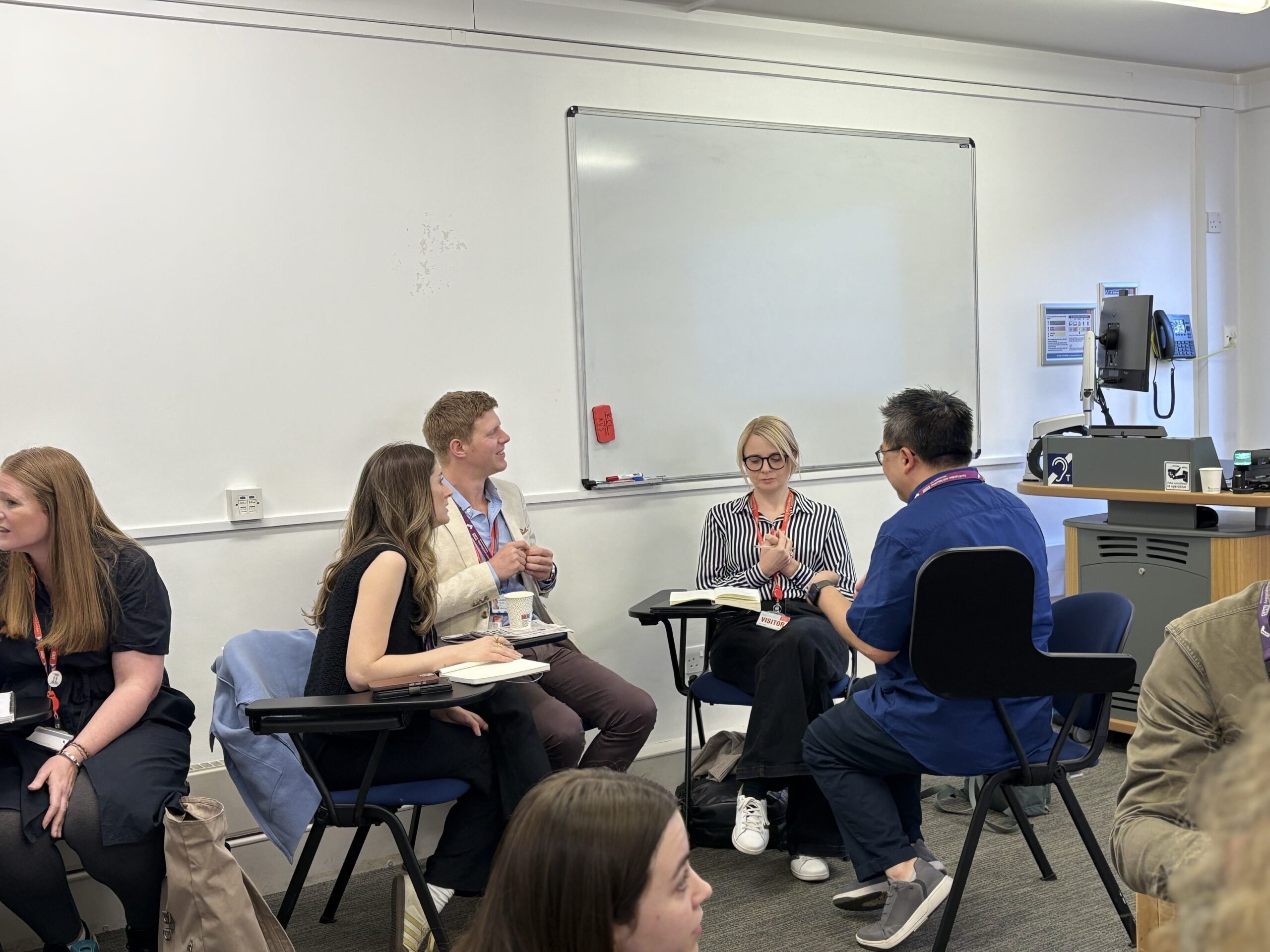
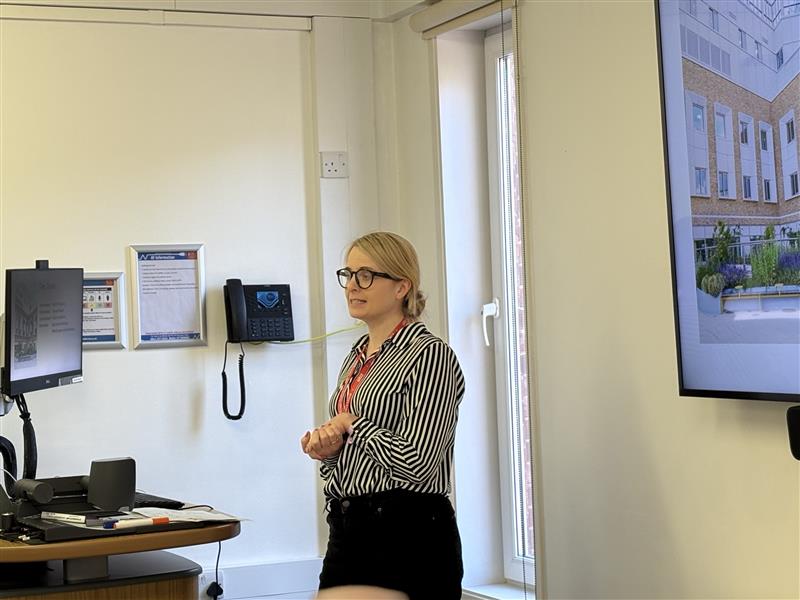
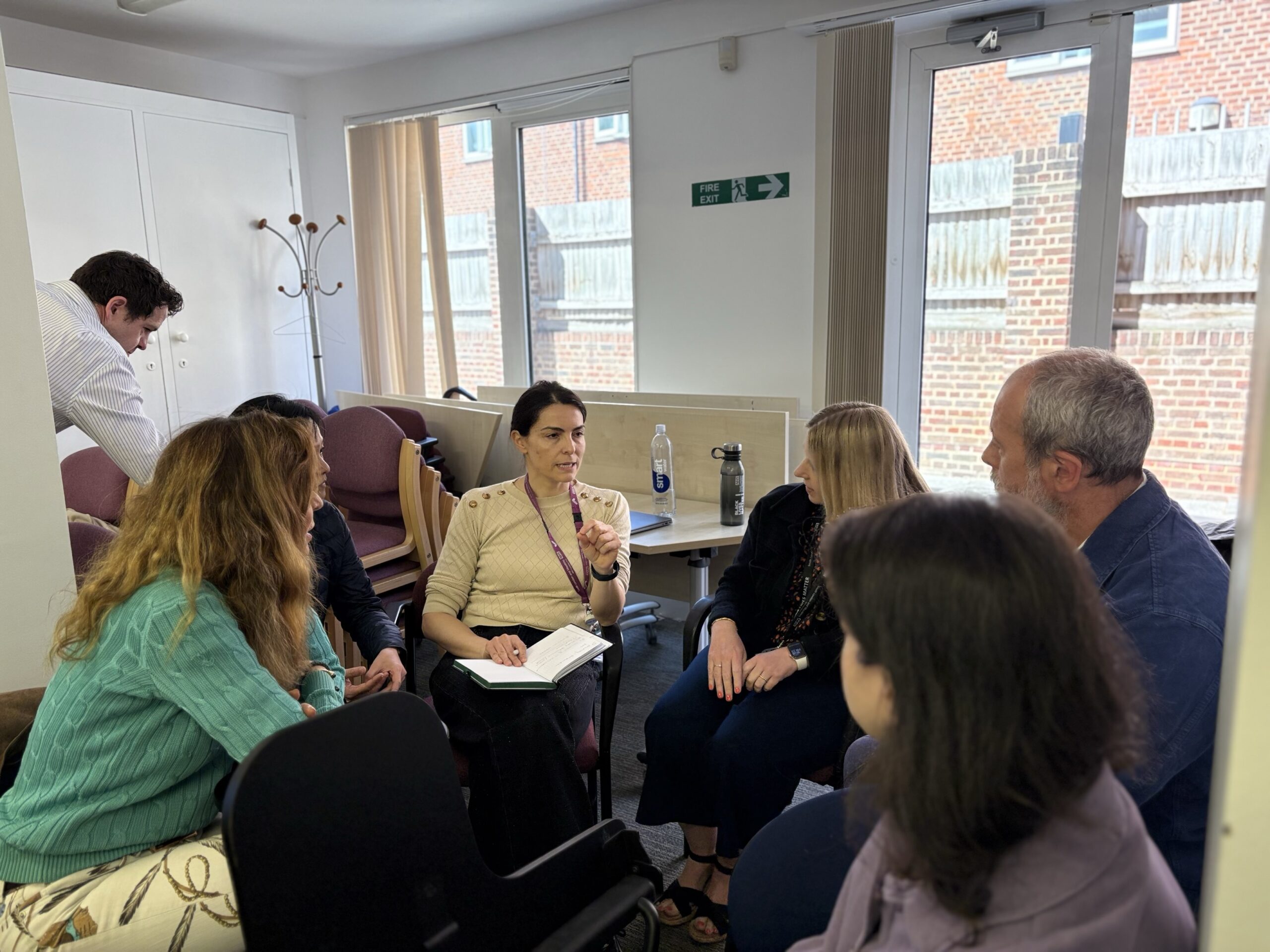
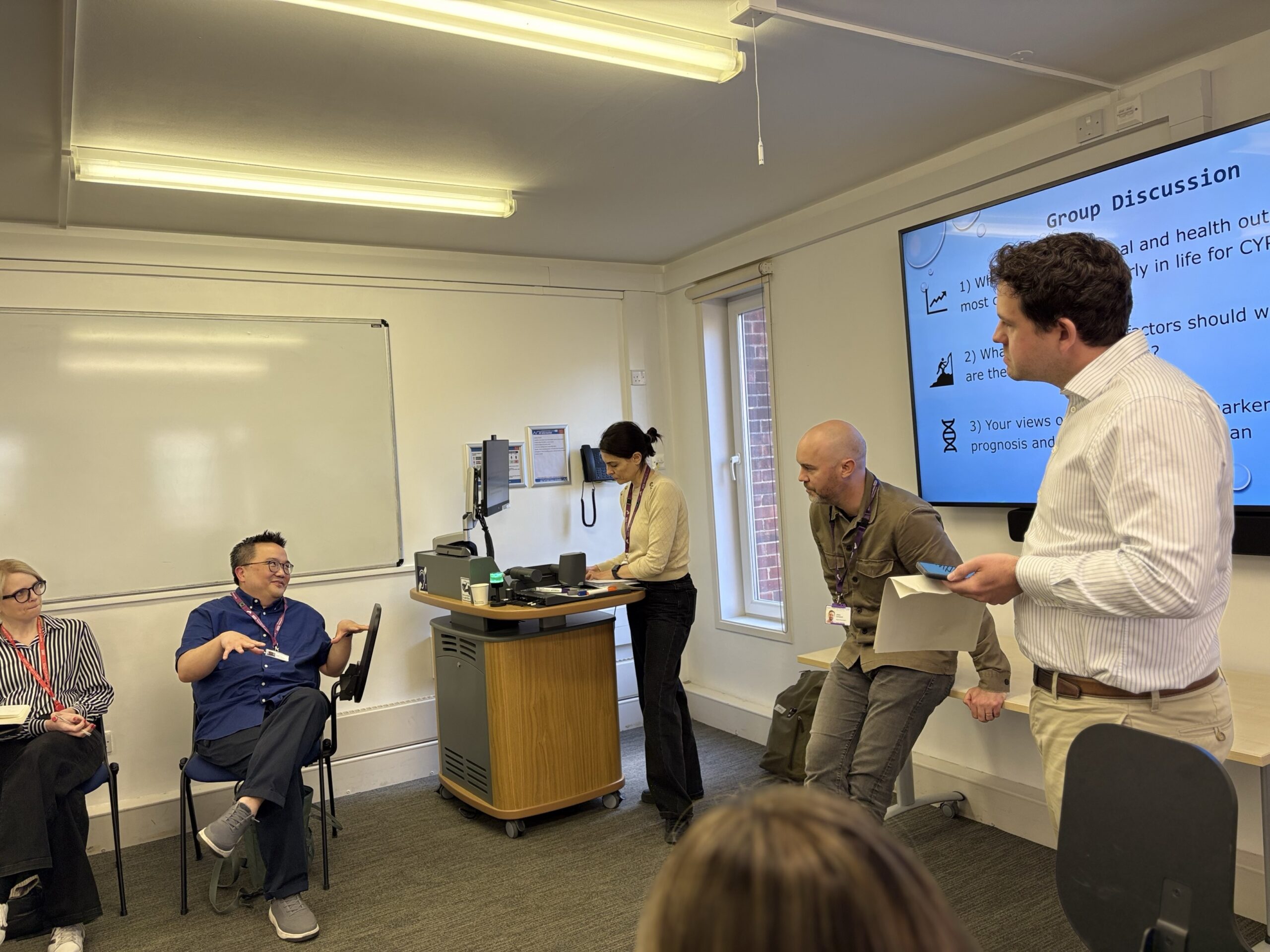



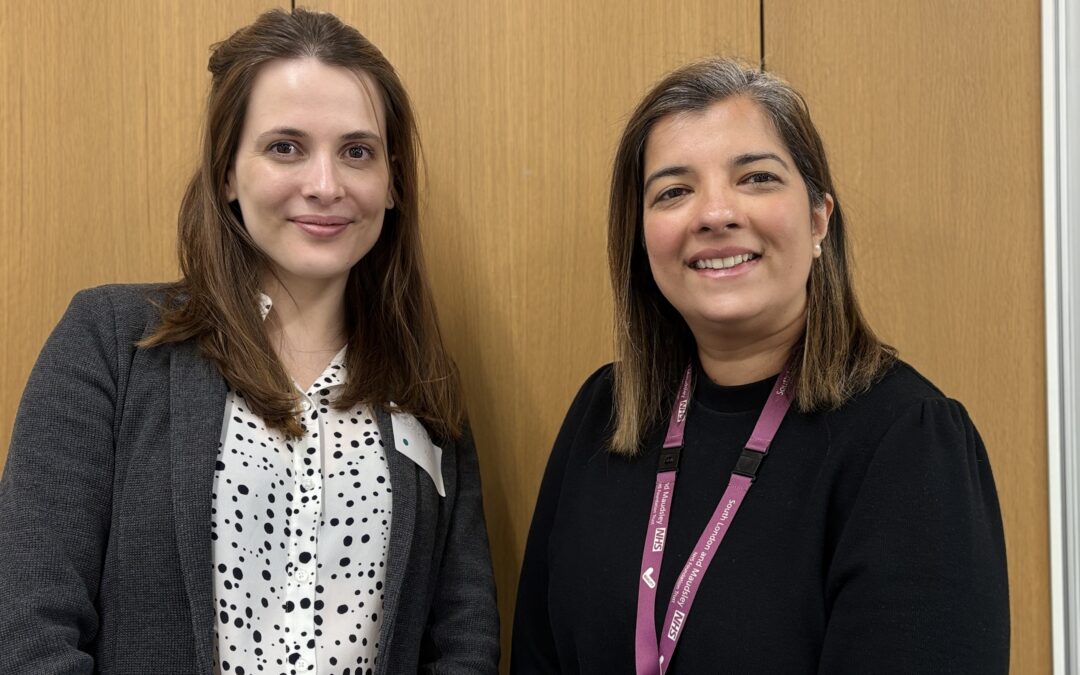
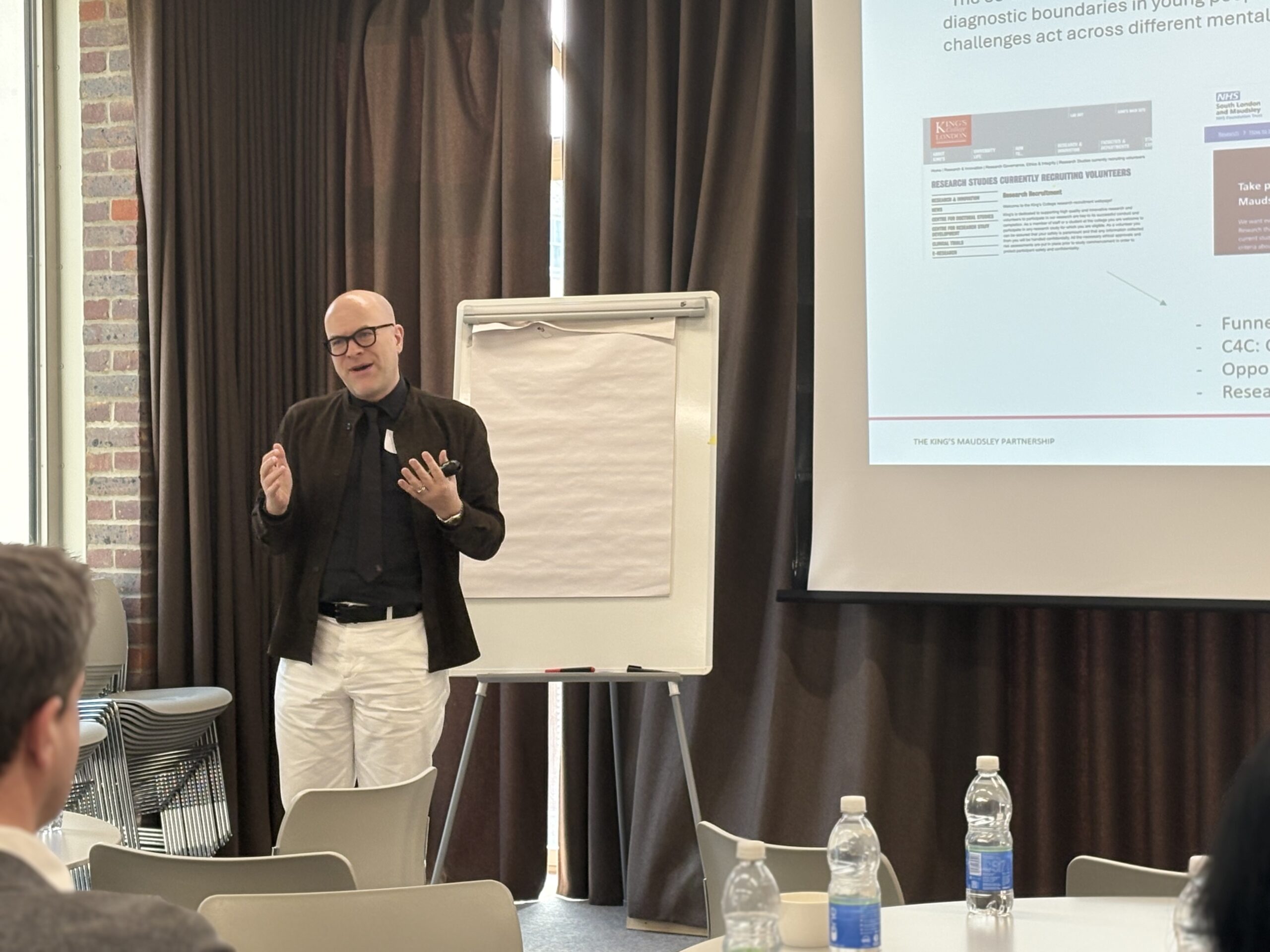
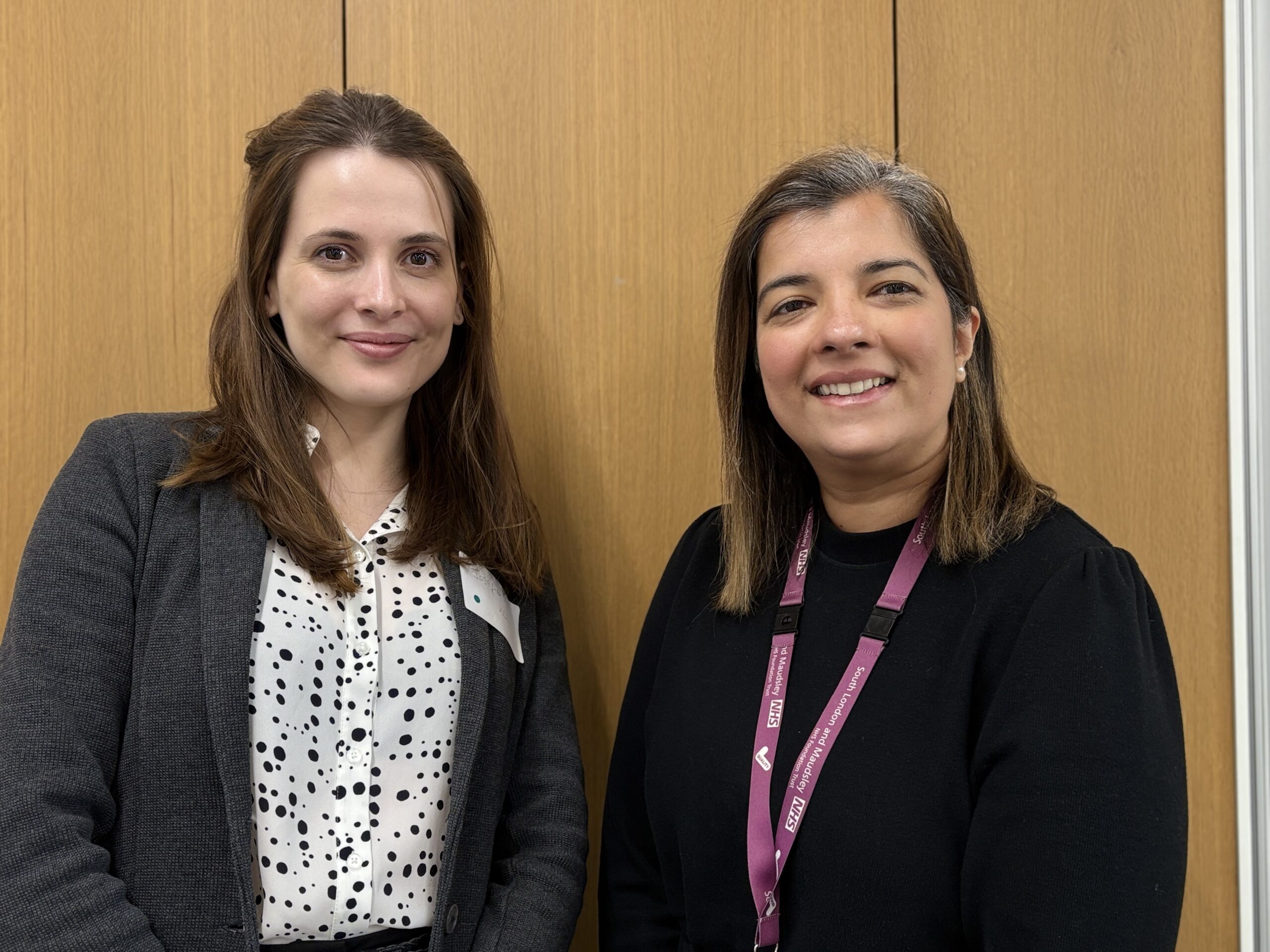
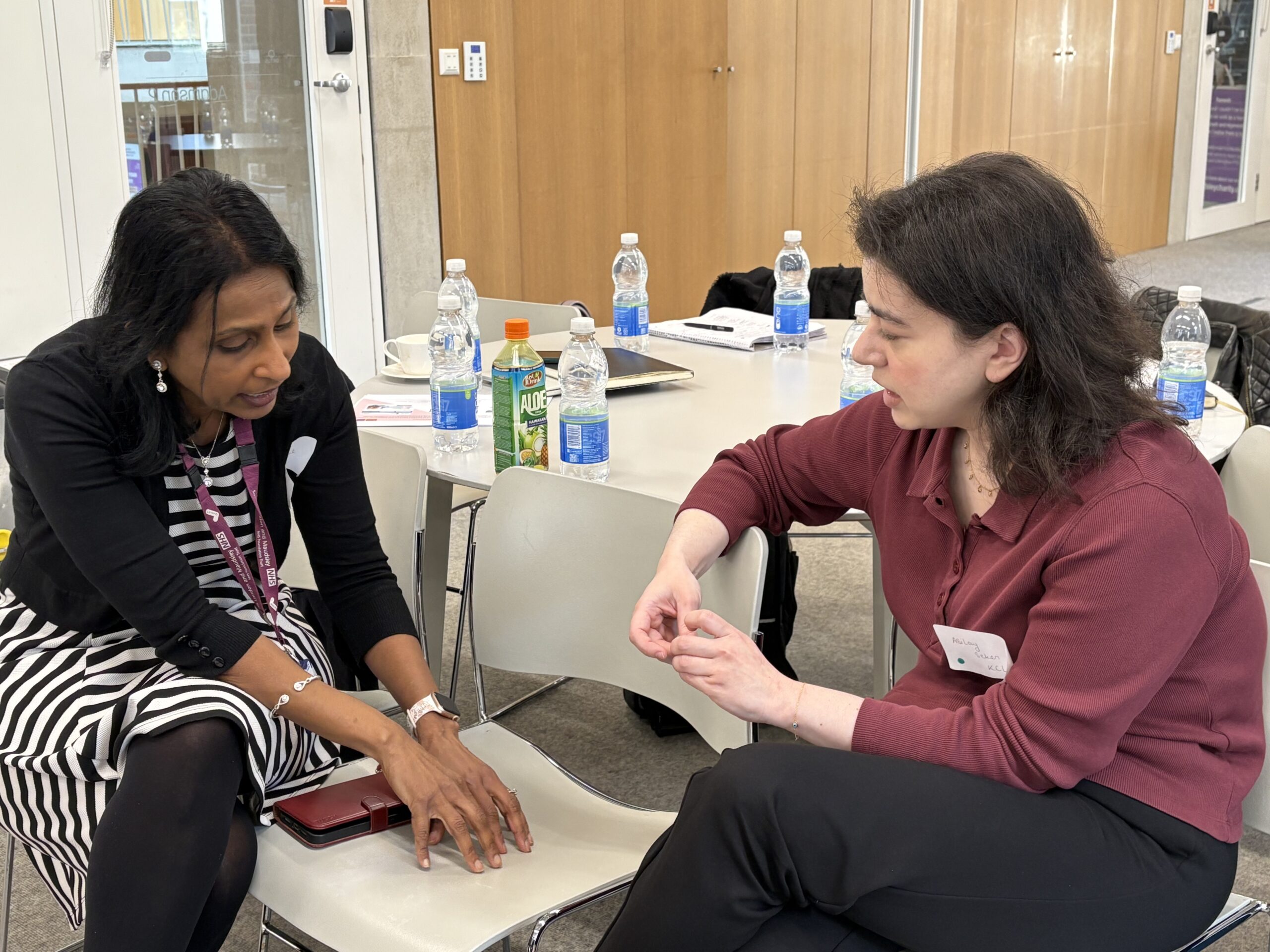
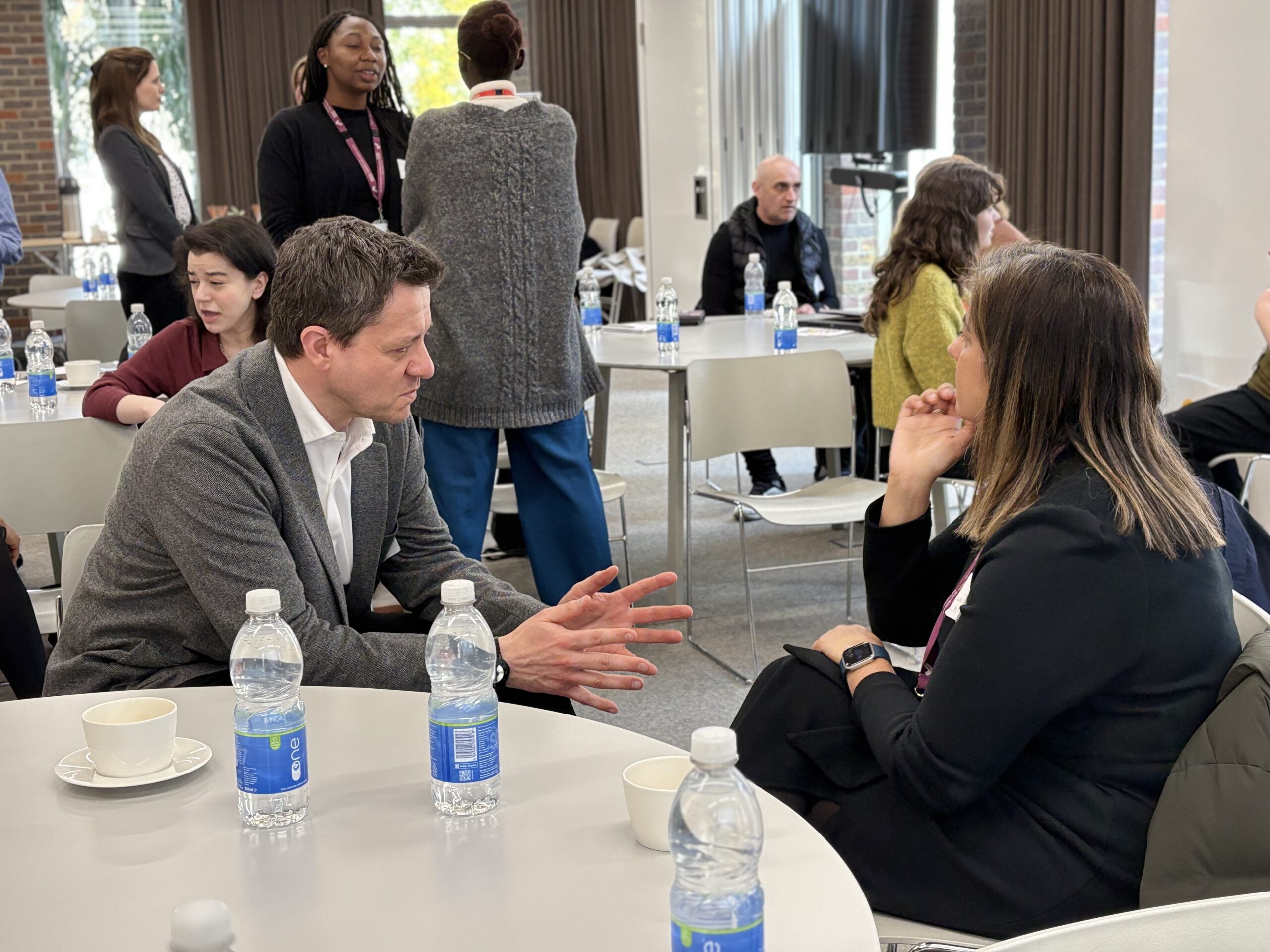
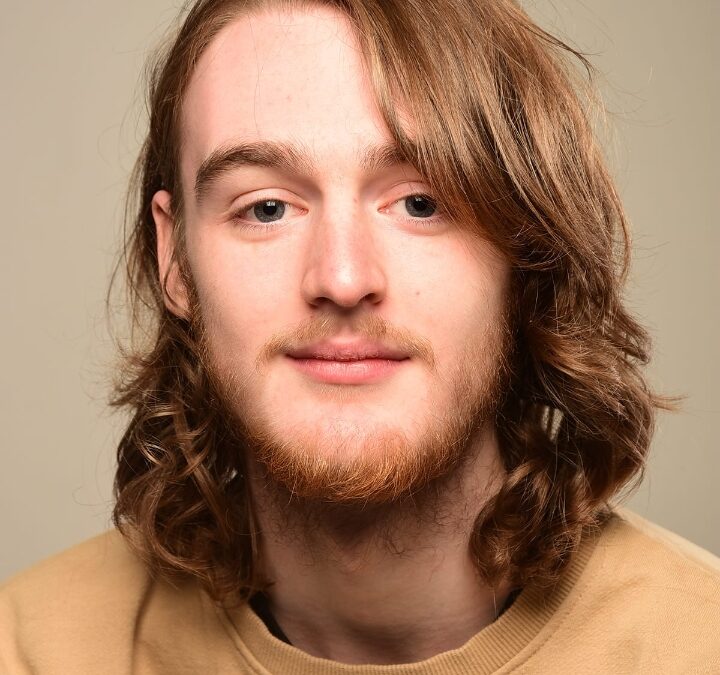
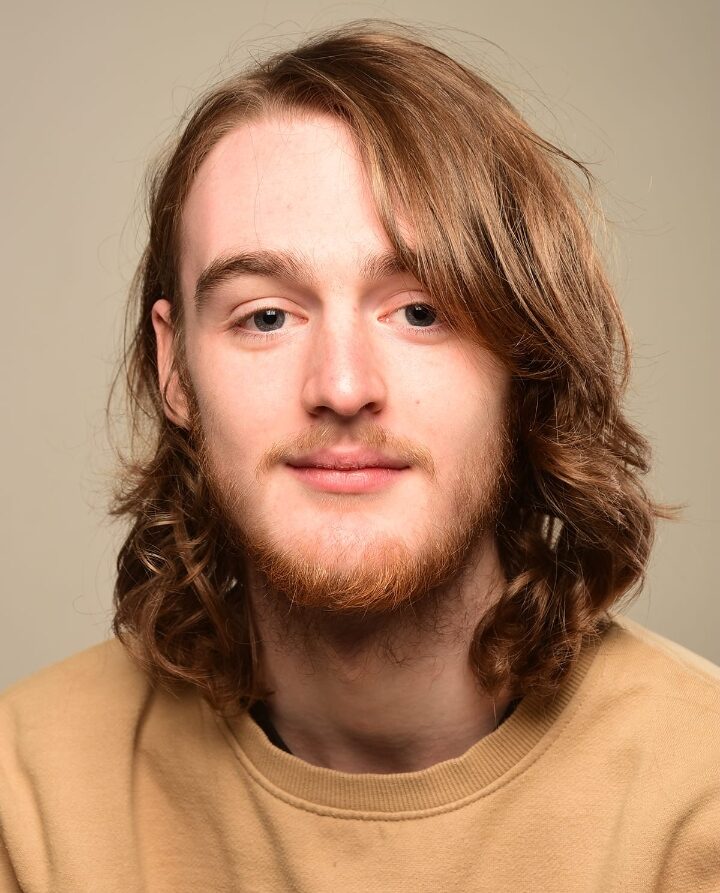
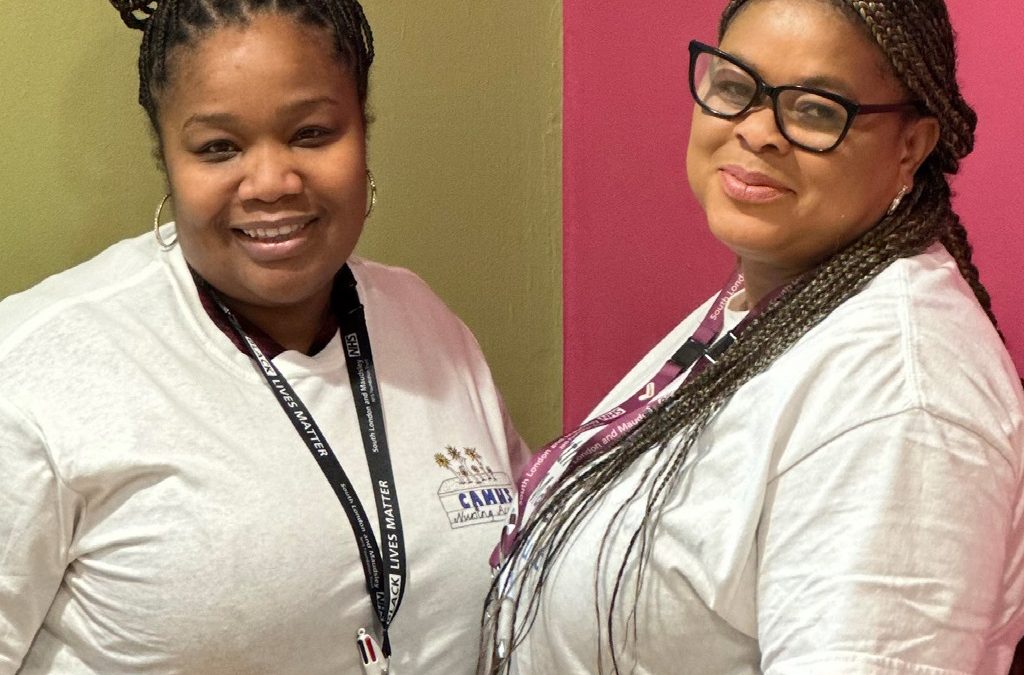





Recent Comments